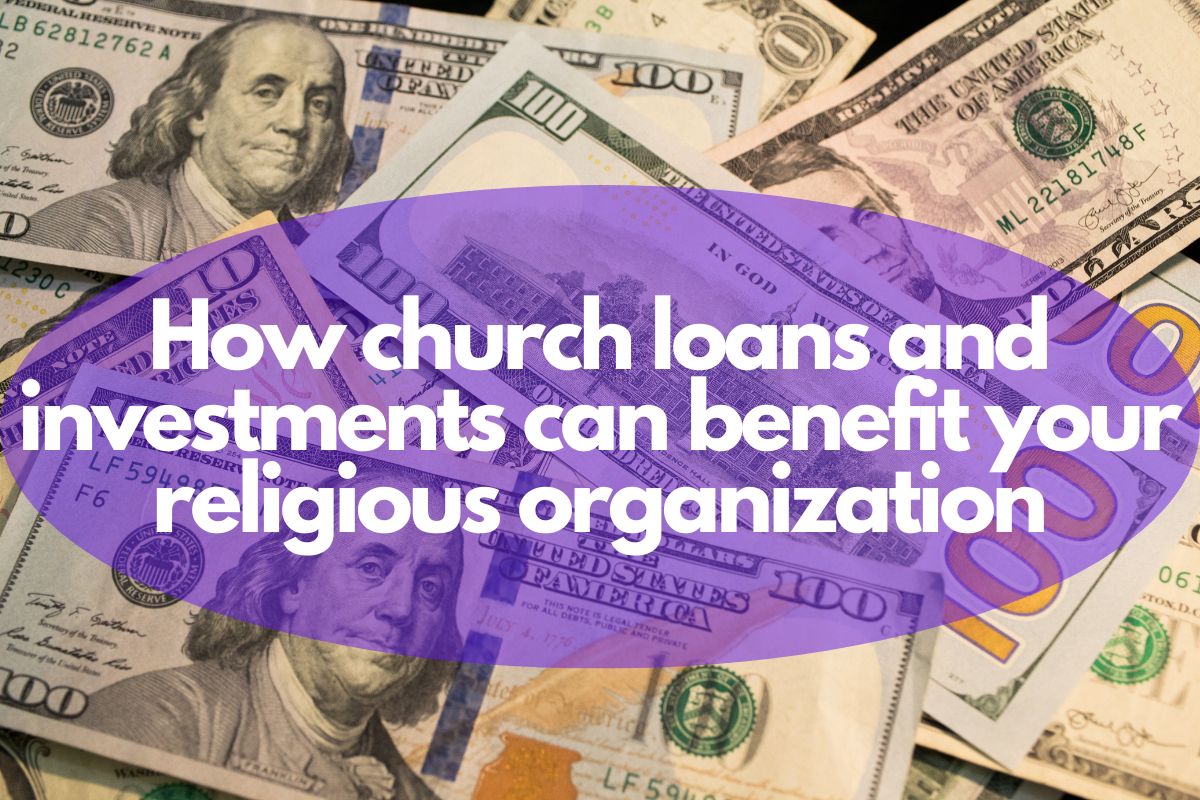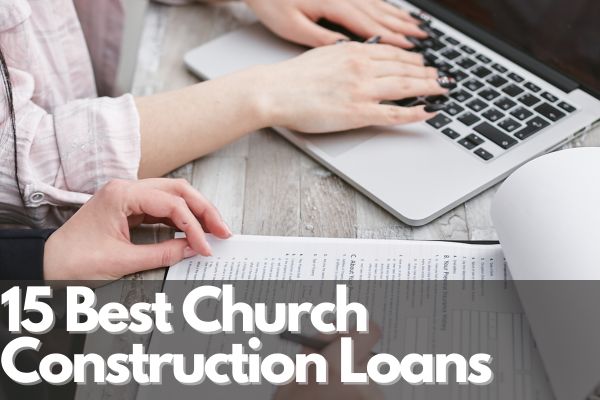You may want to consider church loans and investments if you’re looking to finance your church’s activities and projects. These financial tools can help your religious organization achieve its goals and meet the needs of your congregation. This article will explore the benefits of church loans and investments and how they can help your church thrive.
What are Church Loans and Investments?
Church loans and investments are financial products designed specifically for religious organizations. These products can give your church the capital it needs to fund projects, expand facilities, and meet other financial needs. Church loans may be secured or unsecured and have fixed or variable interest rates. On the other hand, church investments are financial instruments that allow your church to invest its funds and earn a return on investment.
Benefits of Church Loans and Investments
- Financial Flexibility: Church loans and investments give your religious organization the financial flexibility it needs to achieve its goals. Whether you want to purchase a new property, fund a building project, or support a new ministry, these financial products can help you achieve your objectives.
- Competitive Interest Rates: Church loans and investments often have lower interest rates than commercial lending products. This can help your church save money over the life of the loan or investment.
- Support for Your Congregation: Church loans and investments can help your church better support your congregation. Whether it’s funding a new program or expanding existing services, these financial tools can help you meet the needs of your congregation.
- Long-Term Planning: Church loans and investments can give your religious organization the capital to engage in long-term planning. By securing financing for your church, you can plan for the future and ensure that your church is financially stable for years to come.
How to Choose Church Loans and Investments
When choosing church loans and investments, it’s essential to consider your church’s financial needs and long-term goals. Here are some factors to consider:
- Interest Rates: Look for competitive interest rates within your church’s budget.
- Terms: Consider the terms of the loan or investment, including the repayment schedule and any penalties for early repayment.
- Requirements: Determine the requirements for obtaining the loan or investment, including credit history and financial statements.
- Reputation: Choose a reputable lender or investment firm with a track record of success in working with religious organizations.
Conclusion
Church loans and investments can provide your religious organization with the financial flexibility it needs to achieve its goals and meet the needs of your congregation. Choosing the right financial products and working with reputable lenders and investment firms can ensure your church has been financially stable for years. So, if you’re looking for ways to finance your church’s activities and projects, consider the benefits of church loans and investments.







